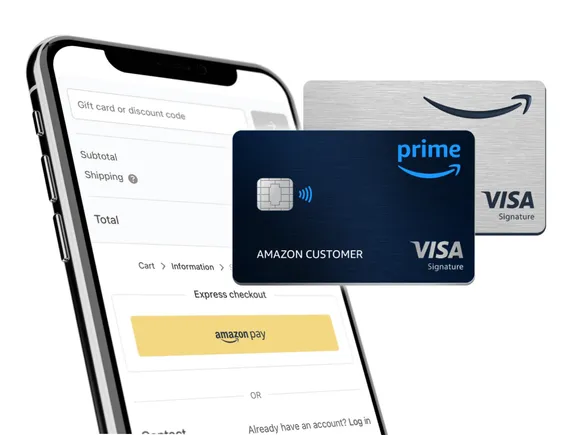Summary: A study reveals how brain cell interactions influence aging, showing that rare cell types either accelerate or slow brain aging. Neural stem cells provide a rejuvenating effect on neighboring cells, while T cells drive aging through inflammation. Researchers used advanced AI tools and a spatial single-cell atlas to map cellular interactions across the lifespan

Visa spots tripling of fraud over holiday weekend | Payments Dive
Dive Brief:
- Over the Thanksgiving holiday shopping weekend this year, from Nov. 29 to Dec. 2, Visa observed the number of suspected fraudulent transactions triple globally relative to the same shopping period last year, the card giant said Wednesday in a press release.
- Visa attributed the spike in worldwide fraud partly to criminals adopting artificial intelligence technology to execute their schemes.
- For Cyber Monday, on Dec. 2 this year, Visa said it blocked 85% more attempted fraudulent transactions than on that Monday last year.
Dive Insight:
The San Francisco-based card network has poured $11 billion into building anti-fraud technology over the past five years, the release said. That helped it halt $40 billion in suspected fraudulent transactions last year.
Visa has also harnessed AI and machine learning technology to fight scammers, according to the press release. During an RBC Capital Markets Conference in March, Visa CEO Ryan McInerney said the company has 1,000 of the company’s 30,000 employees worldwide devoted to cybersecurity.
“Although crooks are using AI more and more, so are we. And that’s paying off,” Paul Fabara, chief risk and client services officer at Visa, said in the release. “As we saw during the kickoff to the holiday shopping season, Visa continues to thwart more attempts at fraud from these bad actors.”
In addition to building out its cybersecurity capabilities, Visa has been working to share its anti-fraud lessons with other companies. During the conference, McInerney also noted that Visa has been turning its cybersecurity knowledge into the sale of additional services to clients.
Amid its efforts to enhance and export its cybersecurity capabilities, Visa and another competitor made key acquisitions to aid in the fight against online fraudsters. In September, Visa announced a plan to buy the British cybersecurity and analytics software firm Featurespace for an undisclosed sum. Earlier that month, Mastercard agreed to purchase another cybersecurity company, Recorded Future, for $2.65 billion.



